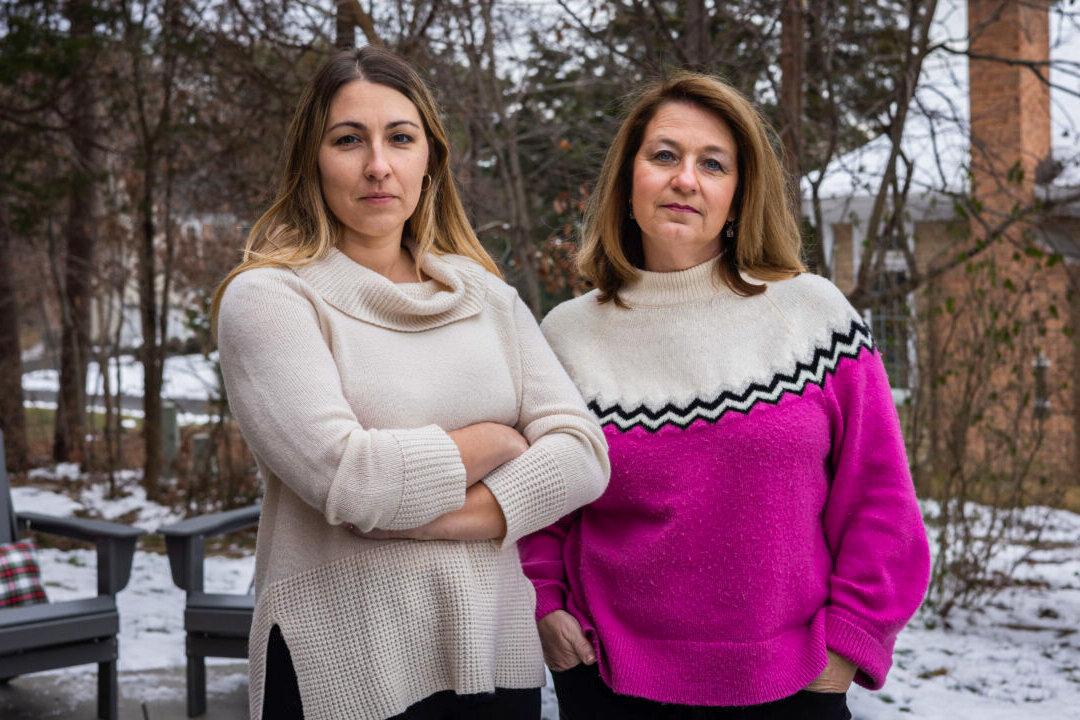Something on television caught the attention of Stacy Langton, a mother of six living in northern Virginia, when she was cooking dinner for her family in mid-September 2021.
“Write a sex scene you wouldn’t show your mom; write an X-rated Disney scenario,” read the TV news reporter, showing prompts given to students of a writing class at a public high school in Hudson, Ohio.



